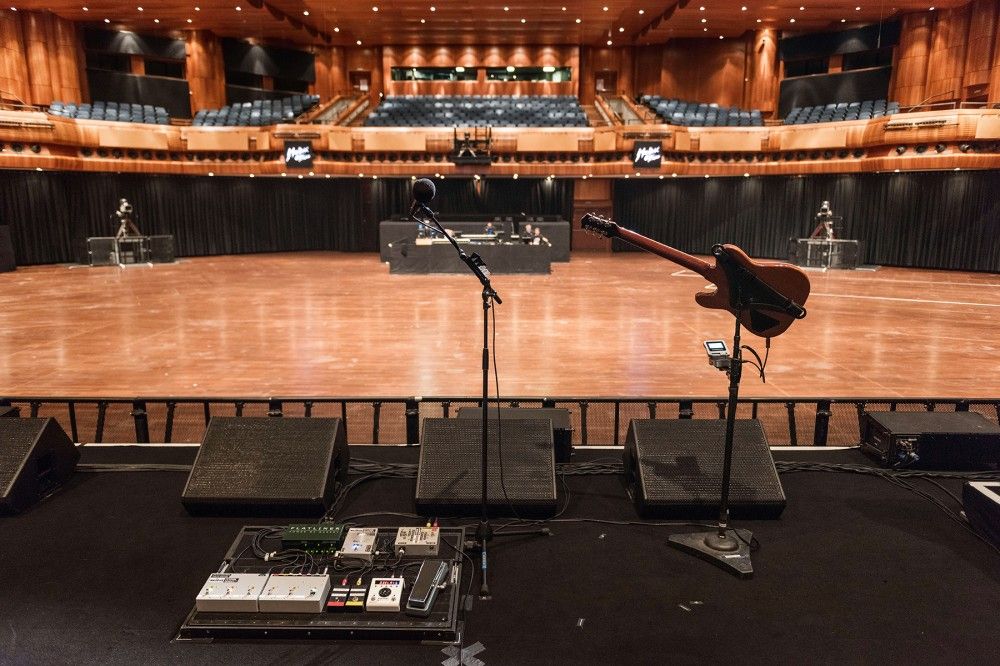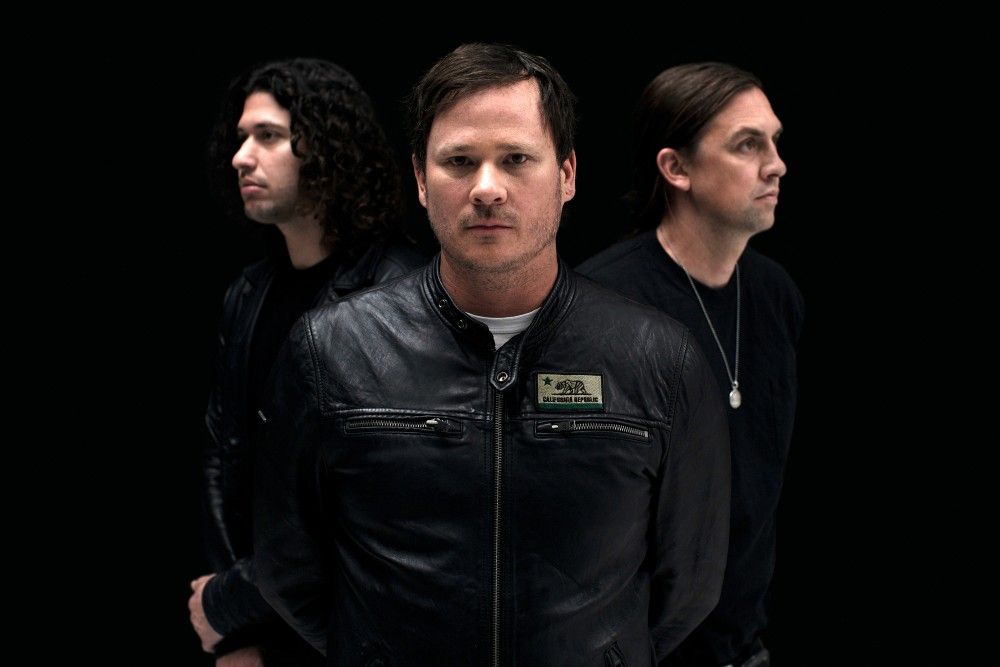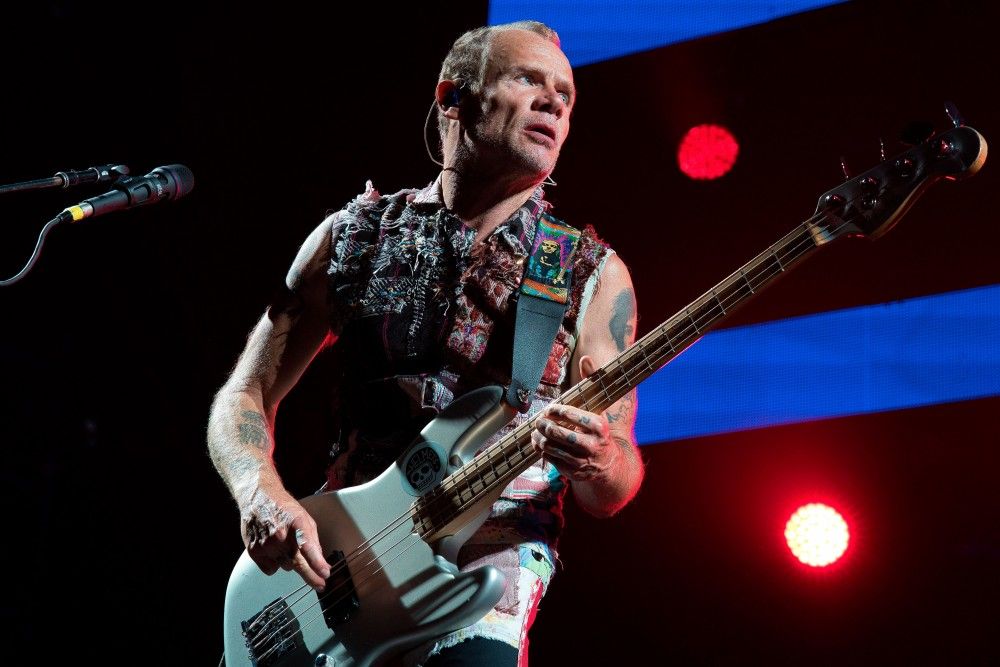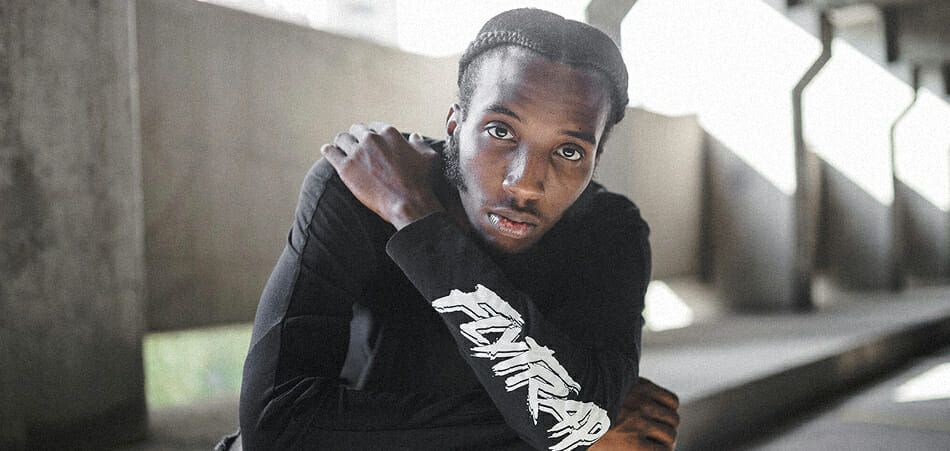
Does Music Touring Insurance Cover Coronavirus? It's Complicated
Coachella is on hold for six months. Concert giants Live Nation and AEG are pausing all tours. As festivals, shows, and other music events flounder due to the global outbreak, many in the music business are scrambling for answers from tour insurance — only to find that insurers don’t want to be on the hook for payouts, either.
The Covid-19 outbreak, which the World Health Organization declared a pandemic on Wednesday, is not being covered by most major music insurance companies, according to agencies, attorneys, and artist business managers contacted by Rolling Stone. Of the two types of music insurance available — promoters’ insurance and artists’ insurance — the former typically does not include pandemics in the first place, and the latter is also usually too restrictive to cover disease-related scheduling changes that don’t come from an artist’s personal health issues, sources say. To stem any doubt, many insurers also wrote a specific coronavirus exclusion into new policies as the coronavirus outbreak began to spread globally earlier this year.
“Insurance companies are not in the business of paying insurance. There is very little protection available to artists from insurance companies for a pandemic.” — Howard King, entertainment attorney
“Insurance companies are not in the business of paying insurance,” Howard King, managing partner of entertainment-focused law firm King, Holmes, Paterno & Soriano, tells Rolling Stone. “There is very little protection available to artists from insurance companies for a pandemic, unless the artist themselves have contracted the disease and can’t perform. And that is only if the policy was bought before January. Since January, new insurance contracts have not covered coronavirus.” Kevin Kennedy, an industry analyst at research firm IBISWorld, confirms that “infectious disease insurance among event hosts is uncommon” in the first place.
Essentially: Artists canceling tours are on the hook for any losses, and promoters canceling tours are likely on the hook for their losses. Postponement instead of cancellation may allow some wiggle room on the expense sheet, one booking agency source tells Rolling Stone, since it means an artist or promoter likely does not have to return all ticket fees as refunds in one go and stands a chance of recouping profits on a later tour.
Rolling Stone obtained and reviewed a 2020 musician tour contract with one major insurance company, which stipulates that the insurance does not cover any losses from communicable diseases unless an infection is directly the cause of the cancellation or a government authority orders the venue to close — but then further stipulates that “notwithstanding the above, this insurance excludes any loss directly or indirectly arising out of, contributed by, or resulting from Coronavirus (2019-nCoV / Covid-19) or any mutation or variation thereof and/or threat (whether actual or perceived) or fear thereof.” The insurer did not respond to request for comment.
While some pre-January insurance policies still might pay out some sums, only artists and promoters of a certain stature are able to purchase insurance in the first place. SXSW, the major tech-music festival in Austin that was forced to cancel last week, reportedly does not even have the proper insurance and is reeling from major losses at the moment. “Most major artists buy tour cancellation insurance, but it’s very expensive. Insurance can be 3 to 4 percent of the budget, so a million-dollar policy might be $30,000,” King says. “But even if you buy it now — it won’t cover coronavirus. My advice to artists is to just reschedule as quickly as they can right now and hopefully recoup some losses and still make a profit with the rescheduled show.”
Laura Jane Grace, singer and guitarist of Against Me!, wrote on Twitter last week that her insurance company had updated their policies to not cover coronavirus-caused cancellations. The reason so many tours are being canceled right now before they begin is “not because people are sitting down concerned about the risks of getting that many people together in a closed space, but because the insurance companies are pulling out,” she tells Rolling Stone, adding that she thinks many groups would be attempting to proceed with tours out of duty to their fans if they were financially protected. “Artists] are realizing, ‘Oh, fuck, if we go on the road and then have to cancel, it’s just going to screw us.’”
Grace — who ended up turning down an insurance policy she was considering because it ultimately seemed of little use — says she feels “sheer frustration” that she tried to cover her bases and couldn’t.
When it comes to trying to buy new insurance policies, artists and promoters are in the same boat. “Communicable disease coverage can be included, but by late January a separate and specific exclusion for coronavirus has been added to policies across the board,” says Cameron Smith, senior vice president for entertainment industry solutions at insurance provider HUB International. “So, if a festival or event purchased their cancellation coverage prior to that time, they may have limited coverage, but absolutely no one is covering coronavirus on newly bound policies.”
Brian Cook, bassist of instrumental group Russian Circles, says his band — which just had to scrap a six-week European tour the other day, hours before he was meant to step on the plane to Belgium — has never purchased tour cancellation insurance but may look into it for future tours. “We are really living tour to tour in terms of subsisting financially,” he says. “We are fortunate enough to make a living from touring, but not fortunate enough that we have deep savings and money squirreled away for hardships. The coronavirus right now is a calamity.”



